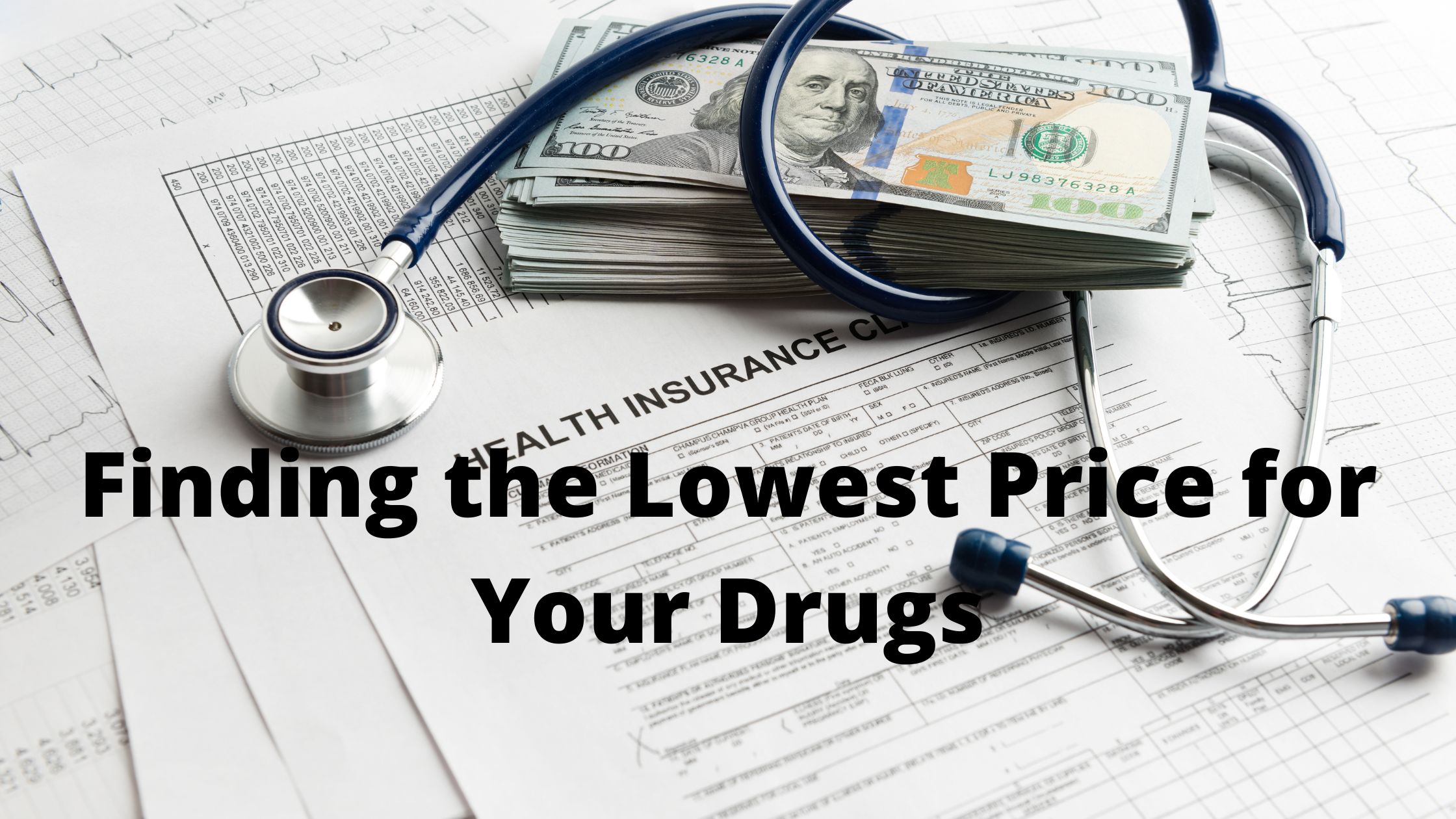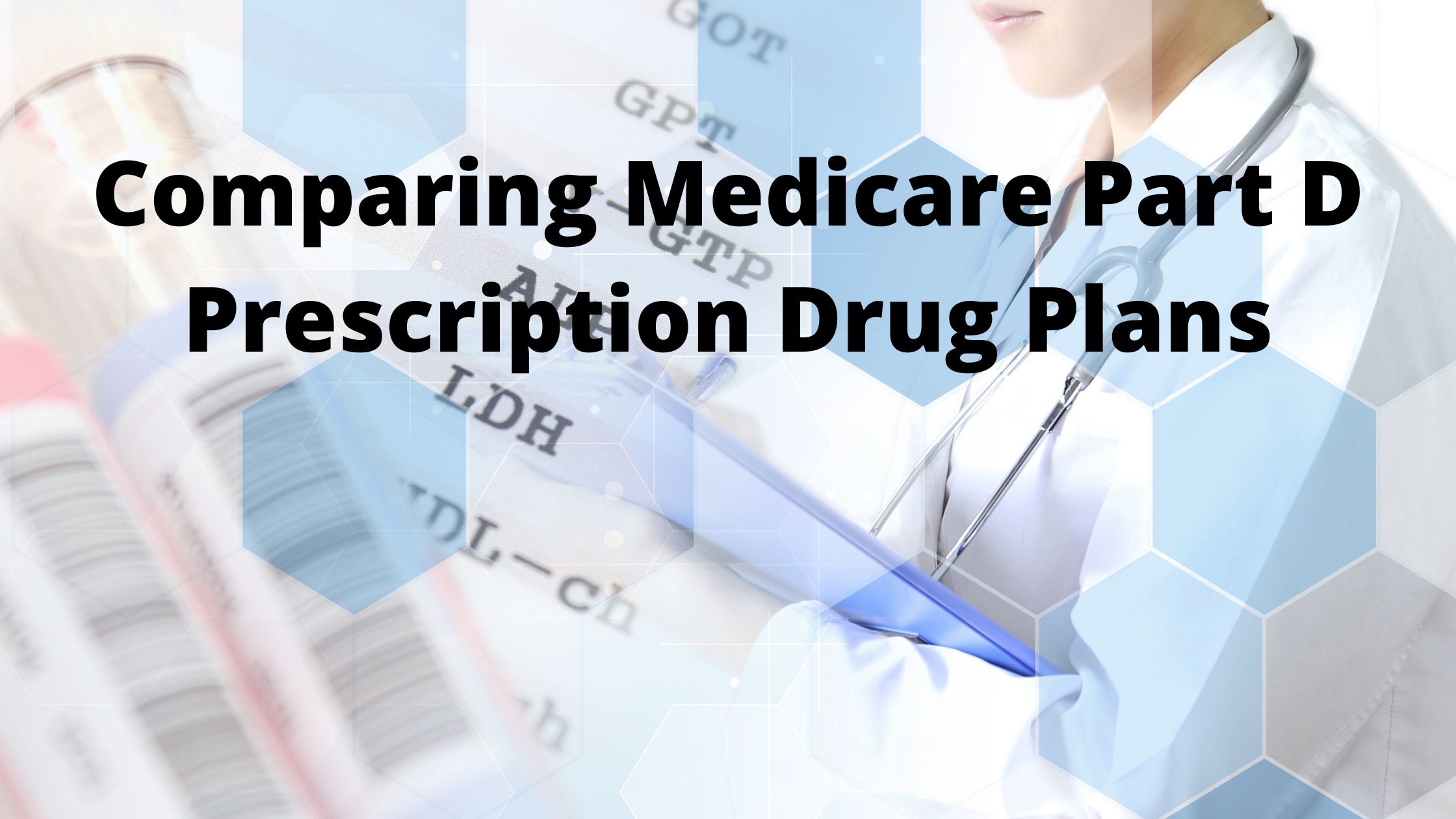Choosing the right Medicare Part D prescription drug plan can be a daunting task. With so many plans to choose from, how do you know which one is best for you? In this article, we’ll outline five ways to compare plans and help you find the coverage that’s best for you.
Comparing Medicare Part D Prescription Drug Plans
One of the most important things you can do when shopping for a Medicare Part D prescription drug plan is to compare them. This is because each plan has different features, and what works best for one person might not be the best choice for another.
To compare Medicare Part D prescription drug plans, you will need to gather information about each plan. This includes the monthly premium, the deductible, the co-payments, and the out-of-pocket costs. You should also consider what benefits are included in each plan, as well as how often these benefits will be available.
After you have collected all of the information you need, you can compare it against each plan to see which is the best fit for you. There are also online tools available that can help you make this comparison more easily.
Choosing the Right Medicare Part D Prescription Drug Plan
If you are looking to compare multiple Medicare Part D prescription drug plans, the first thing you will need to do is figure out what your needs are. Each plan has different benefits and premiums, so it is important to decide which one is best for you.
One way to figure out which plan is right for you is to simply compare the costs of the plans side by side. You can find information on each plan’s premiums, benefits, and coverage here. Once you have compared the plans, it may be helpful to talk to a broker or agent who can help you choose the best one for you.
Understanding Your Coverage
Medicare Part D offers prescription drug coverage to people who are 65 years or older and have been continuously enrolled in Medicare since January 1, 2007. There are multiple plans available, and each has its own benefits and drawbacks.
To compare plans, it is important to understand your coverage. You need to know what medications you take and which pharmacies you can use. You also need to be aware of any restrictions on coverage that may apply to your plan. For example, some plans do not cover some medications or require you to use a specific pharmacy.
It is also important to compare prices before selecting a plan. Some plans have lower premiums than others, but they may have higher out-of-pocket costs for medications. It is important to understand the cost of medications before selecting a plan so that you can accurately estimate your out-of-pocket expenses.
Finding the Lowest Price for Your Drugs
One way to compare multiple Medicare Part D prescription drug plans is to find the lowest price for your drugs. This can be done by using online pharmacies or pharmacists.
Another way to find the lowest price for your drugs is to compare pharmacy chains. You can do this by looking at their prices online or in the newspapers. You can also compare prices between different pharmacies within a chain.
Lastly, you can compare Medicare Part D prescription drug plans based on their features. Some plans offer discounts on certain medications, while others have higher co-payments or deductibles. You can also compare plans based on their coverage of specific medications.
Making Changes to Your Medicare Part D Prescription Drug Plan
If you are considering changing your Medicare Part D prescription drug plan, there are a few things you should keep in mind. First, it is important to compare the different plans available to you. This will help you find the best plan for your needs and budget.
Secondly, it is important to make changes to your plan as soon as possible. The sooner you make the changes, the more money you will save on your prescription drugs. Changes made after the deadline may not be as advantageous.
Finally, it is also important to contact your insurance company if you have any questions about your Medicare Part D prescription drug plan or if you experience any problems with your medication. Your insurance company can help you solve any problems or get assistance with filling your prescriptions.

